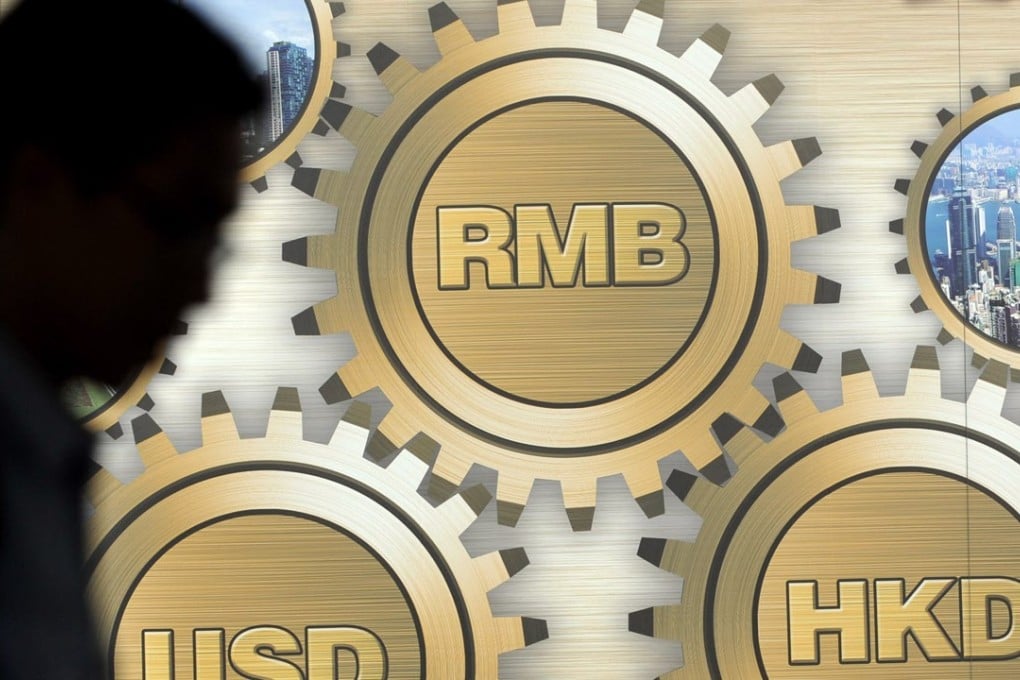Advertisement
Jake's View | What is behind Hong Kong’s mind-boggling investment figure?
Reading Time:3 minutes
Why you can trust SCMP

Hong Kong should make good use of its competitive edge on bringing in capital and on management know-how to offer a one-stop shop service in the mainland’s go-global strategy, according to Beijing.
The call comes as the volume of the nation’s outbound direct investment (ODI) into the city grew by more than 18 per cent in the first 10 months of the year.
SCMP, November 18
Advertisement
That was our top front page story yesterday but there is a good deal more here than first meets the eye in this gloss of the facts.
The chart hints at the real story. In the three months to June this year, the latest period for which figures are available, there was a net direct investment inflow to Hong Kong HK$560 billion.
Advertisement
Advertisement
Select Voice
Choose your listening speed
Get through articles 2x faster
1.25x
250 WPM
Slow
Average
Fast
1.25x
